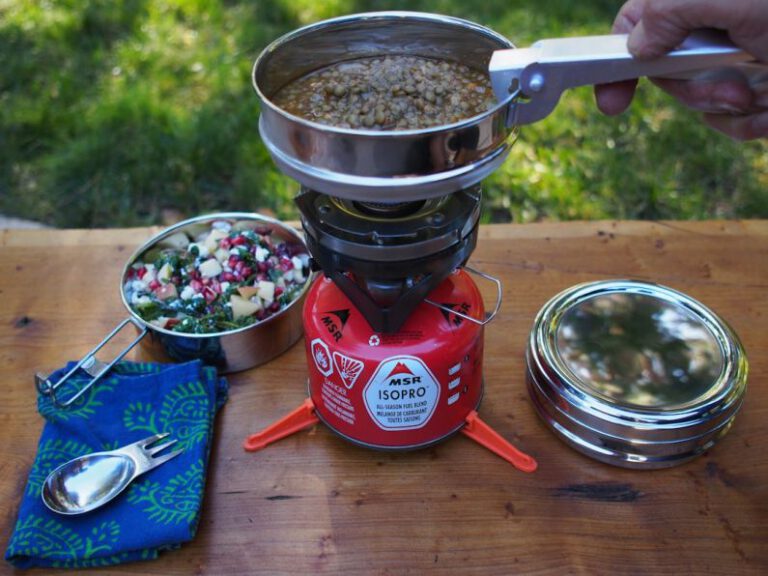What Are the Top Safety Tips for Hiking in Remote Areas?
Exploring the great outdoors through hiking can be a thrilling and rewarding experience. However, when venturing into remote areas, it is crucial to prioritize safety. Being prepared and taking precautions can make all the difference in ensuring a successful and incident-free hiking adventure. Here are the top safety tips to keep in mind when hiking in remote areas.
Plan and Research
Before embarking on any hiking trip, it is essential to plan and research extensively. Start by choosing a trail that suits your fitness level and experience. Research the trail’s distance, difficulty, and terrain to make an informed decision. Familiarize yourself with the area’s weather conditions and any potential hazards such as wildlife or natural disasters. Study maps and gather as much information as possible before setting foot on the trail.
Inform Others
Always inform someone about your hiking plans, including your itinerary, estimated time of return, and emergency contact information. This information is vital in case of any unforeseen circumstances. Leave a detailed note with a family member or friend, and consider using a hiking app or GPS tracker that allows others to monitor your progress.
Check the Weather
Weather conditions can change rapidly, especially in remote areas. Before heading out, check the weather forecast for the region and adjust your plans accordingly. Be prepared to cancel or reschedule your hike if severe weather is predicted. It is better to be safe than sorry, as inclement weather can significantly increase the risks associated with hiking.
Pack the Essentials
When hiking in remote areas, packing the right gear and supplies is crucial. Start with the ten essentials: navigation tools (map, compass, GPS), sun protection (sunscreen, sunglasses, hat), insulation (extra clothing, rain gear), illumination (headlamp, flashlight), first aid supplies, fire starters, repair kit and tools, nutrition (extra food), hydration (extra water), and emergency shelter (tent, bivvy, space blanket). Additionally, carry a reliable communication device such as a satellite phone or a personal locator beacon.
Dress Appropriately
Wearing the right clothing can greatly enhance your comfort and safety. Dress in layers to adapt to changing weather conditions. Choose moisture-wicking and breathable fabrics that keep you dry and comfortable. Wear sturdy and properly fitted hiking boots to protect your feet and ankles. Don’t forget to wear a hat and apply sunscreen to protect yourself from the sun’s harmful rays.
Stay Hydrated and Nourished
Proper hydration and nutrition are vital when hiking in remote areas. Carry an adequate supply of water and drink regularly, even if you don’t feel thirsty. Dehydration can lead to fatigue, dizziness, and other serious health issues. Pack nutritious snacks that provide sustained energy, such as trail mix, energy bars, and dried fruits. Avoid relying solely on natural sources of water, as they may not always be safe for consumption.
Be Aware of Wildlife
Encounters with wildlife can be fascinating but potentially dangerous. Research the wildlife species that inhabit the area you plan to hike, and learn about their behaviors and habits. Keep a safe distance from wild animals and never feed them. Store your food securely to prevent attracting wildlife to your campsite. If you do encounter a wild animal, remain calm, back away slowly, and give it space.
In Conclusion
Hiking in remote areas can provide unparalleled experiences and a connection with nature. However, ensuring safety should always be the top priority. By thoroughly planning and researching, informing others about your plans, checking the weather, packing the essentials, dressing appropriately, staying hydrated and nourished, and being aware of wildlife, you can enjoy a safe and memorable hiking adventure. Remember, preparation and caution are key to a successful journey in the wilderness.






